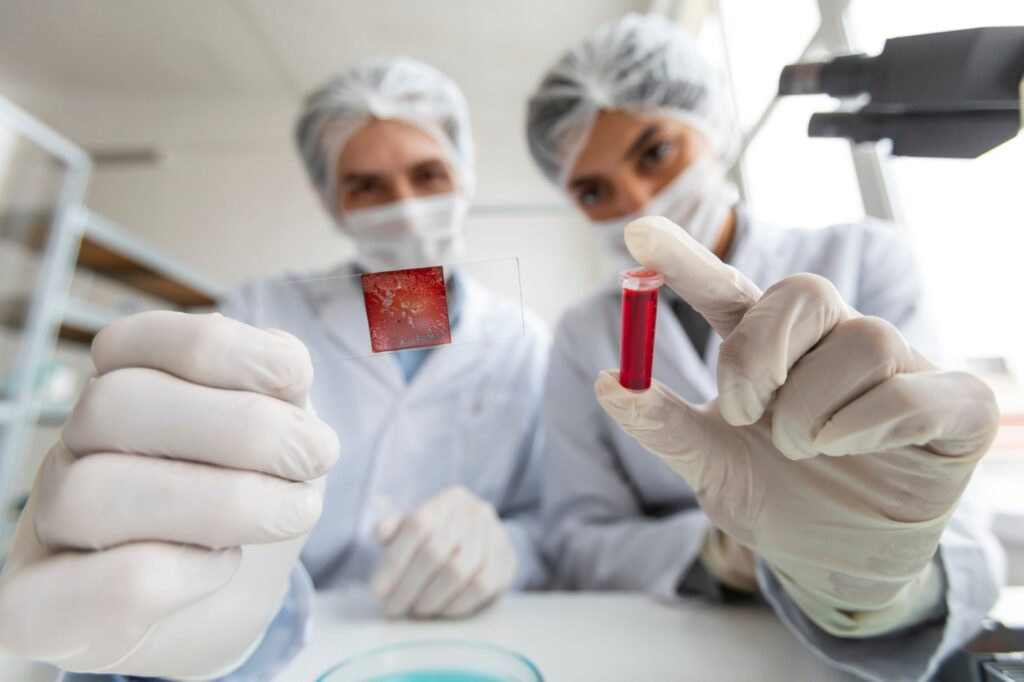The scientific community has made a revolutionary discovery in blood types. Bristol University, NHS Blood and Transplant, and the NHSBT International Blood Group Reference Laboratory, through their collaboration, have discovered a new blood type named MAL. This discovery follows the AnWj antigen found in 1972 but whose genetic basis has long been unresolved.
The discovery of this new blood type opens a new chapter in transfusion medicine and immune system research. It is particularly significant for individuals with rare blood types, offering a great opportunity to perform appropriate blood transfusions. Thanks to newly developed genetic tests, patients not carrying the AnWj antigen can be more easily identified, which will help prevent reactions to blood transfusions.
NHS Blood and Transplant’s New Blood Group Compatibility Test

Senior research scientist at NHSBT, Louise Tilley, highlighted that this new test would especially provide better care for patients with rare blood types and could potentially save lives. During the development of the test, scientists had the opportunity to better understand how antigens in blood cells function and how they recognize and differentiate harmful substances.
The work conducted at the NHSBT International Blood Group Reference Laboratory in Filton allowed for the identification of patients lacking the antigen through the use of genetic tests. This made it possible to predict possible reactions to blood transfusions in advance and take appropriate measures. The laboratory’s director, Nicole Thornton, stated that solving the genetic basis of AnWj was a challenging project and added: ‘This discovery has provided a major breakthrough in the field of blood groups and is considered an important advancement in the treatment of patients with rare blood types.’


